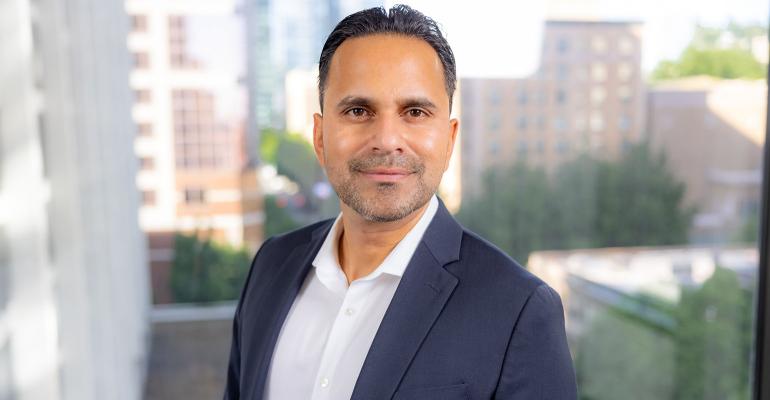When Sid Yenamandra launched the Menlo Park, Calif.–based venture studio Surge Ventures at the tail-end of 2022, he noted at the time that the firm would follow a build, invest, acquire model.
First out of the gate just under a year later was the rollout of a new company called RegVerse and the launch of its first product, Avery, an artificial intelligence-powered regulatory co-pilot for advisors.
This week, the venture studio announced the first of its acquisitions, Kovair, an application lifecycle management and integration technology provider. The heart of the platform is the company’s Omnibus Integration Platform.
“While they have many products in their portfolio, Omnibus is at the core of it and you can liken it to an enterprise-grade Zapier,” said Yenamandra, referring to the popular provider of integrations and automated workflows for web applications that happens to be used by many independent advisors who themselves rely on multiple third-party tools.
Omnibus also provides migration support between other applications; Yenamandra provided a hypothetical example of an advisory firm that wanted to move from one CRM system to another.
While terms of the deal were not disclosed, Yenamandra said that Surge had taken a majority stake in Kovair and was “making a growth investment in the firm with a commitment of capital.”
Yenamandra, who is also the managing partner of Surge and CEO of RegVerse, will now serve as Kovair’s CEO, while its former CEO Bipin Shah will serve on the company’s board of directors.
Kovair, founded in 2006, currently has 75 employees, is headquartered in Silicon Valley and has a development team based in Kolkata, India.
Yenamandra said the first priority post-acquisition was to start building adapters specifically for wealth firms.
“We saw an opportunity to take a horizontal platform company and use it to start developing specifically for a vertical market, and will start with building out the ability for RIA firms that want to pull data out of one firm, say a custodian and bring it into a system like Omnibus and then move it elsewhere,” he said.
To achieve this goal, Yenamandra said that a core team would continue to sustain Kovair’s existing client base (which includes Applied Materials, Intel, The U.S. Navy and Worldbank Group), while 35% to 40% of its staff would be employed as a centralized development team building new products for Surge.
“We are achieving three things with Kovair: getting a world-class platform, access to this talented dev team pool of talent with a deep knowledge of dev architectures and where managing data workflows is a core competence, and the talent is in region where turnover is infrequent,” he said.
Increasingly, that kind of talent is becoming harder to attract, especially in expensive environments like Silicon Valley.
“With generative AI coming in, your data is the new gold, and this is delivering on the promise we founded Surge on—we wanted to solve problems in wealth [management],” he said.





